Questions of fuel supply and bunkering capacity in African ports to cope with the influx of ships likely to be rerouted complete the long list of uncertainties that accompany the rerouting of ships through the Cape of Good Hope.
"Demand for bunker fuels will increase as a result of longer voyages and potentially higher sailing speeds," said Arne Lohmann Rasmussen, chief analyst at Global Risk Management, on LinkedIn. The consultancy, which provides hedging for the energy markets, is a subsidiary of Bunker Holding, one of the world's leading suppliers of shipping fuels, along with Monjasa and World Fuel.
"We're already hearing reports of increased demand in African ports, while bunkering companies in ARA [Amsterdam, Rotterdam and Antwerp] and Asia are less affected. This is not surprising, as the ships (...) have not yet reached Europe after the long journey through southern Africa", he points out.
According to Global Risk Management's projections, the growing fleet of ships called upon to take the historic route due to the increased risk of attacks at the entrance to the Red Sea will result in longer voyages of the order of 58% between India and Northern Europe, for example (+14 days), and 129% from the Persian Gulf to the Mediterranean (+22 days).
Consumption up by 250 to 420 t
A ship's fuel consumption is not an exact science, as many parameters come into play, starting with engine age and speed. But according to the analysis firm, a 115,000 dwt tanker could consume 250 to 420 t more with the extra nautical miles it has to cover. Given that merchant ships burn 200 Mt of fuel per year. "This could lead to a radical shift in demand," agrees the Bunker analyst.
In principle, regulatory standards on CO2 emissions, which will come into force in a few days' time, should encourage carriers to "ease up on the gas". In reality, for certain categories of vessels such as container ships, the approach of the Lunar New Year and the ensuing peak season could, conversely, put pressure on them.
Fuel oil surges
Under these conditions, it's the price of bunker fuel that needs to be taken into account, especially as Fujairah in the United Arab Emirates, along with Singapore, is one of the world's leading bunkering hubs.
The closure of the Suez routes could create a panic and thus overheat bunker prices. Between December 15 and 21, the price of VLSFO (low-sulfur fuel oil, the most commonly purchased fuel) rose from $583 per ton to $614 in Singapore, while oil prices rose at the same time, from $75 to $79.
In the three months from September to November, marine fuel fluctuated between $700 and $730 per tonne, then fell sharply to $662 before the events in the Red Sea.
Undersized ports
Whether for bunkering or berthing (and even more so if companies plan to use them for transshipment), the African ports along the Cape route are not equipped to handle an armada of ships in the next few weeks. The pandemic will have shown that the global port chain is not ready for shocks and jolts.
Even deep-water ports such as Mombasa in Kenya and Dar es Salaam in Tanzania are not equipped to handle the expected traffic.
Maersk responded to this question by indicating that "wherever possible", bunkering would be carried out at their point of origin or destination. However, "should bunkering be necessary en route", this would be decided on a case-by-case basis, with Walvis Bay (Namibia) or Port Louis (Mauritius) being the "best options", a spokesman told Reuters.
Given the difficult weather conditions around the Cape of Good Hope - nicknamed the "Cape of Storms" - and in the Mozambique Channel, where cyclones are the order of the day, ships are expected to "drink" a little more than usual.
Adeline Descamps



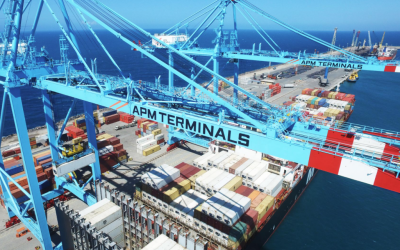
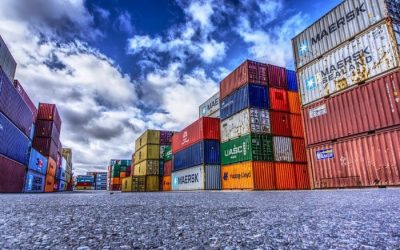
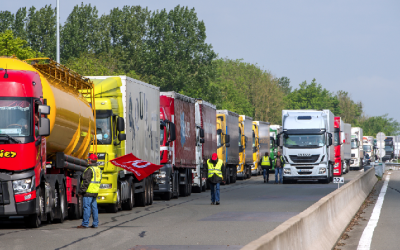
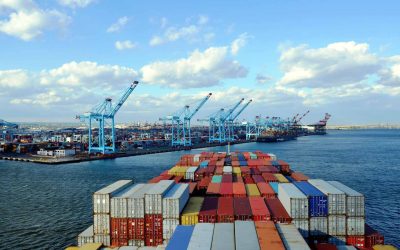

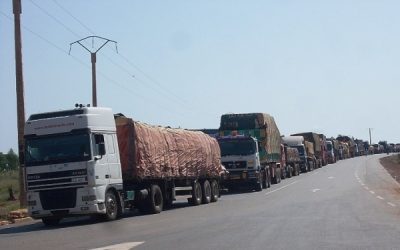

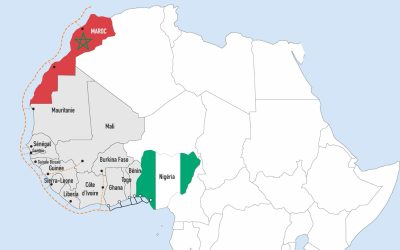
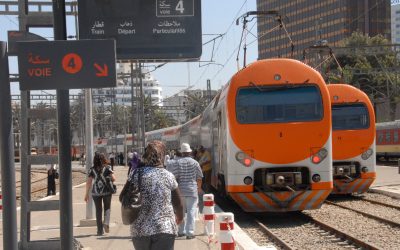
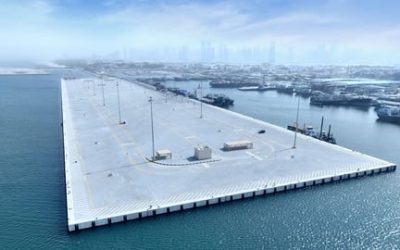






0 Comments